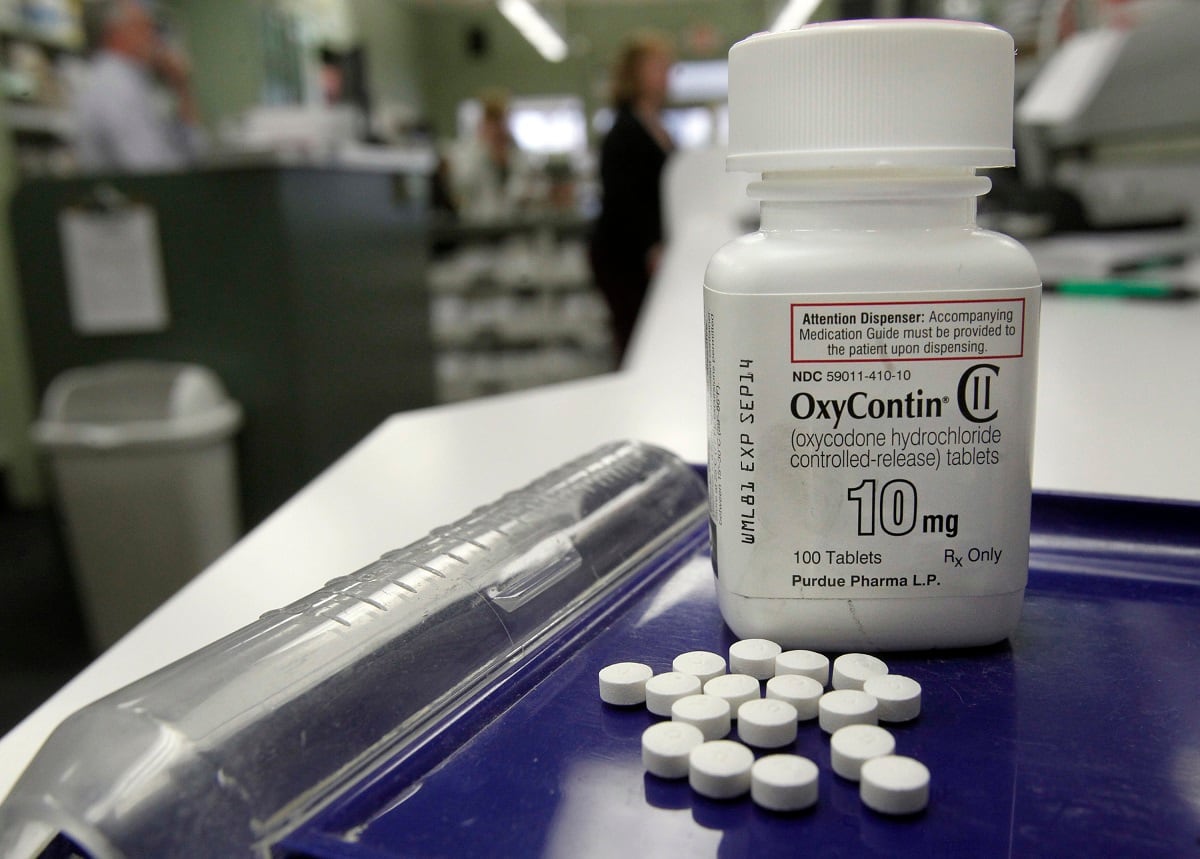With an eye toward identifying possible opioid and other drug abuse problems in military patients, Defense health officials have launched a program to monitor these prescriptions — by sharing information between the military system and civilian providers and pharmacies.
The Military Health System Prescription Drug Monitoring Program "will allow civilian and military providers to review patient opioid prescription histories to ensure there are no overlapping opioid prescriptions that can worsen an opioid use disorder or cause an overdose,” said Navy Vice Adm. Raquel C. Bono, director of the Defense Health Agency, in an announcement.
Through prescription drug monitoring programs, medical providers and pharmacies can track how many controlled substance prescriptions a patient receives, and the quantity and strength of the medications.
Concerns have been raised about DoD’s inability to provide this data to the states, and to get data from the states, in ongoing efforts to battle the nationwide opioid addiction crisis.
Defense Health Agency officials are negotiating agreements with the states to begin the process for sharing prescription data; nine states and territories have signed. The intent is to have all states connect to the network in the near future, according to an announcement from the Defense Health Agency.
RELATED

DoD began sharing its controlled substance prescription information through the National Association of Boards of Pharmacy’s Prescription Monitoring Program Interconnect System on Dec. 20. This system allows civilian providers to see information for patients who received their controlled substance medications at a military hospital, clinic or pharmacy.
Lawmakers included a provision in the fiscal 2019 National Defense Authorization Act that required DoD to set up the Military Health System Prescription Drug Monitoring Program, comparable to drug monitoring programs operated by the states. It was a challenge to share the data previously because of operational security, officials said.
In her statement, Bono thanked Congress for giving DoD the tool to help protect its patients from the dangers of opioid disorders.
The monitoring program “will give the Military Health System and civilian sector alike a powerful tool for opioid safety that also meets our unique requirements for operational security,” she said.
Karen has covered military families, quality of life and consumer issues for Military Times for more than 30 years, and is co-author of a chapter on media coverage of military families in the book "A Battle Plan for Supporting Military Families." She previously worked for newspapers in Guam, Norfolk, Jacksonville, Fla., and Athens, Ga.





